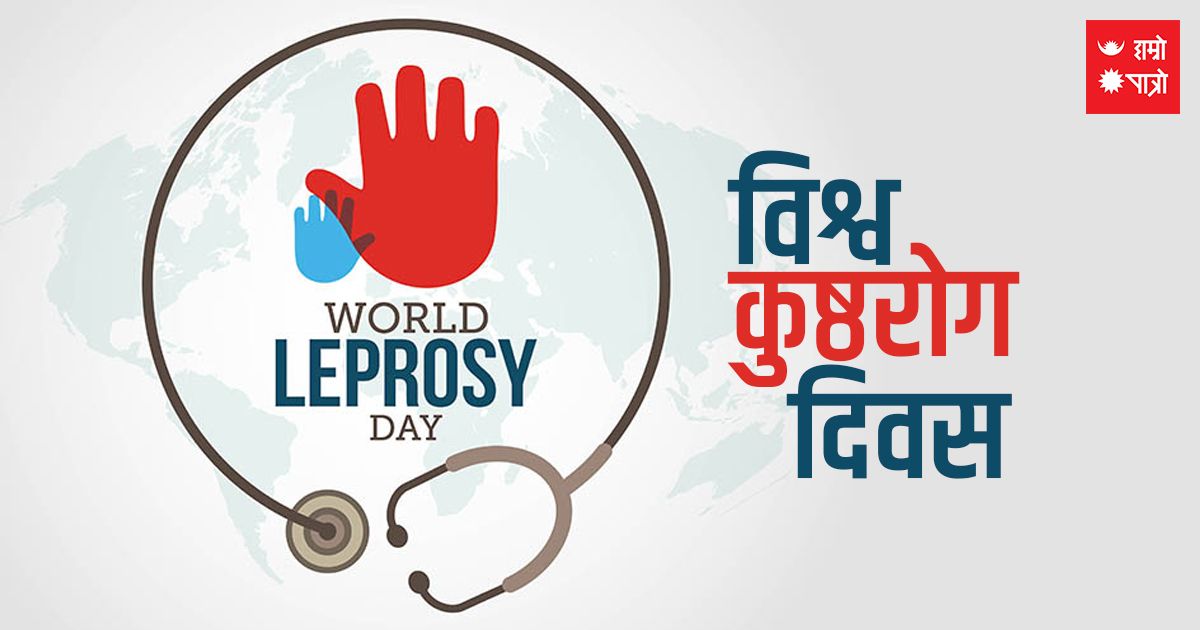
It was misinterpreted as a delusion to say that leprosy and those who are afflicted with the disease are unforgivable sinners. As this delusion was cultivated based on some myths and memories written in the middle era, leprosy was considered a curse and a sin in Nepali society for centuries. Many patients were tied up in the corner of the backyard, and the horrific scenes and stories of those who died after leprosy melted parts of their bodies are still heard in society.
After decades of suffering from leprosy, Nepali society is now looking at leprosy in general. If the older generation still sees leprosy as a curse, time will answer.
Today, the 69th World Leprosy Day is being celebrated with various programs. The theme for World Leprosy Day 2022 is 'United for Dignity. The campaign honors the lived experiences of individuals who have experienced leprosy by 1) sharing their empowering stories and 2) advocating for mental wellbeing and the right to a dignified life free from disease-related stigma.
Rallies are being held with placards with slogans such as "Let's not discriminate against lepers, let's love lepers, let's end discrimination against lepers". Rallies and other programs are also being organized in the rural areas of the country to spread public awareness against leprosy. To raise awareness about leprosy sufferers, the worldwide anti-leprosy campaign was started on January 30, 1954.
The disease is caused by an infection with the bacterium Mycobacterium leprae and Mycobacterium lepromatosis. There may be no symptoms at the beginning of the infection. Some infected people do not see much effect for five to 20 years. Leprosy is of two types. That is why some affected people are found to be in critical condition and even die when they neglect treatment due to lack of awareness. The most common symptoms of leprosy are a tingling sensation in the body, a tingling sensation in the hands and feet, and a feeling of weakness in the body. To completely eradicate leprosy, the government has also provided allowances for the patients to have access to health treatment centers.
Medications are free in Nepali health centers.
Suyog Dhakal
Liked by: